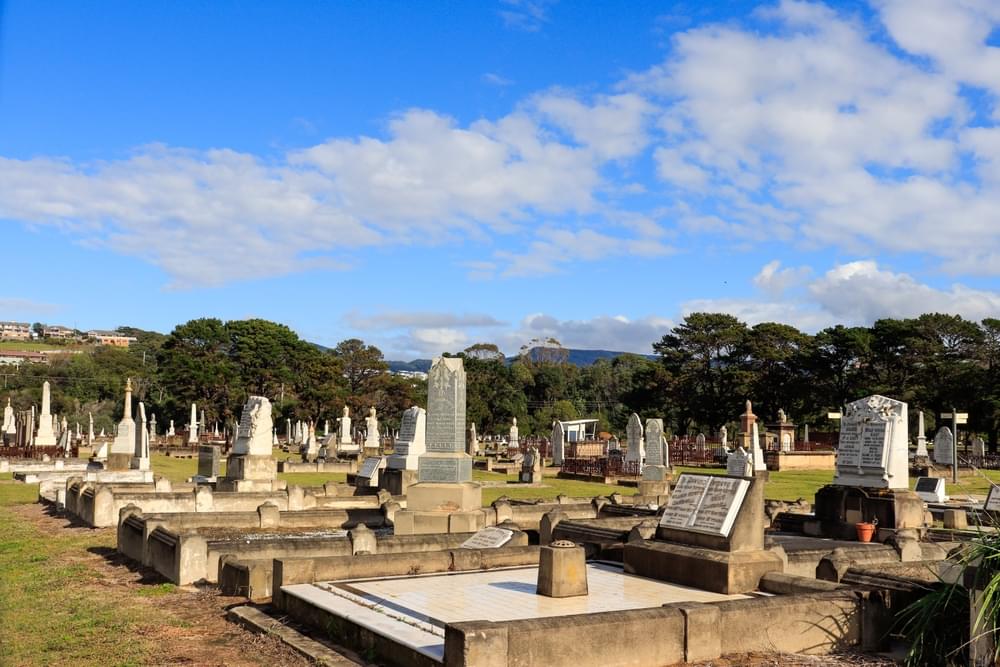About Beach Cemetery
In addition to the sense of antiquity and melancholy visitors experience, as they stroll through the cemetery, the tranquil sound of the sea contributes to the overall atmosphere. It is an essential warning of the horrific human cost of war and the lasting influence of those who gave their life and sacrificed their lives for their country. Both paying respect to the memory of those who have passed away and contemplated how their sacrifice altered the trajectory of history are significant activities that individuals can engage in at the Beach Cemetery.
Beach Cemetery Highlights
• Immense yourself in a peaceful setting by the water to rejuvenate and relax the mind.
• Learn about the memorial that remembers the brave soldiers who fought in World War I.
• Pay homage to the famous "man with the donkey" while you're at his grave.
• Explore the groupings of gravestones that honour the warriors who gave their lives.
• Float in the sound of the waves crashing against the coast.
How To Reach Beach Cemetery
By Car: Drive about 9.8 kilometres until you reach the main Anzac area from the Eceabat-Bigali road's left turn. The graveyard is on the coast road's left side, making it easy to get to by car. Driving gives you more options and makes getting to the Beach Cemetery easier.
By Foot: People living on Seven Mile Beach can take a taxi or drive up the island to the cemetery. The beach area is nearby, so people who like to explore on foot can easily get there.
Best Time To Visit Beach Cemetery
The Beach Cemetery in Turkey honours the Gallipoli Campaign dead. It is a peaceful place where people can pay their respects.
- Year-round Opening: The cemetery is open all year to allow people to remember the soldiers' efforts no matter the time of year.
- Best Season: Spring and fall are the best times to explore because the weather is mild and the grounds are peaceful.
- Best Day: Weekdays are better for a more reflective visit because fewer people are there, so you can take some time to think.
- Best Time of Day: The early morning or late afternoon have softer light and a calmer environment, making them perfect times to honour the dead with respect and solemnity.
Beach Cemetery Other Essential Information
- Remember how important this place is by dressing modestly and with respect. Also, make sure your clothes show respect for the soldiers who died.
- While there, please be quiet to keep the peace and take time to think and remember.
- You could leave a flower memorial to honour the heroes who died and show respect.
- Guides who know much about the cemetery's past and significance can teach you more if you go on a tour.
- You can take shots, but please respect the area and the other people there to keep the solemn mood.
John Simpson Kirkpatrick's Grave:
The grave of a great hero, Private John Simpson Kirkpatrick, is in the middle of the Beach Cemetery. Simpson, who was in the Australian Imperial Force and was known as "the man with the donkey," helped hurt men during the Gallipoli Campaign without expecting anything in return. People heard about him from stories about how bravely he used donkeys to get hurt soldiers and medical help. Going to his grave is a moving way to remember how kind he was and how much of an effect he had during the chaos of war.
Pristine Gravestones
In the Beach Cemetery, there are rows and rows of well-kept gravestones that cover the peaceful grounds. Each stone stands for a soldier who died in the bloody Gallipoli Campaign. A lot of care went into keeping these graves in good shape, which shows how much respect and memory exist for the troops who died. People can connect with the people who gave their lives in service of their country by taking a moment to walk among these immaculate gravestones.
Commemorative Events
The Beach Cemetery holds rituals and events year-round to honour Gallipoli Campaign casualties. These events, from solemn remembrance services to wreath-laying ceremonies, allow people to honour and reflect on the fallen. These memorial activities unite people and honour the fallen warriors, preserving their memory for future generations.



.jpg?w=1280&dpr=1)













.jpg?w=1280&dpr=1)



